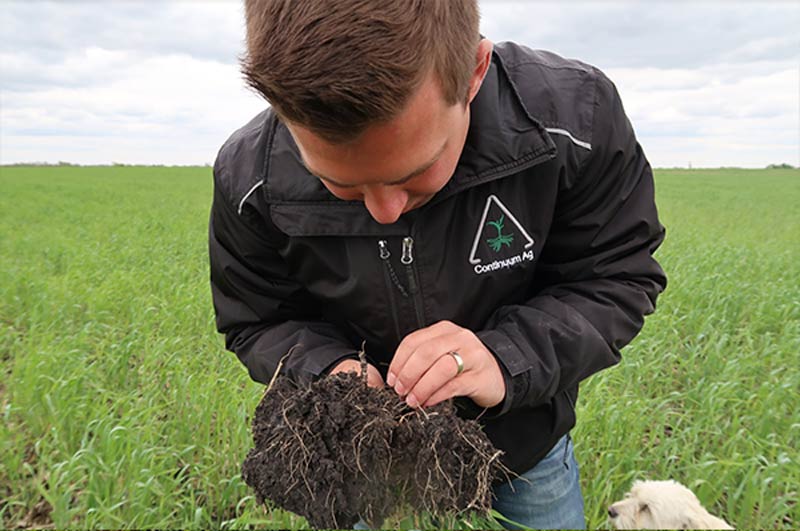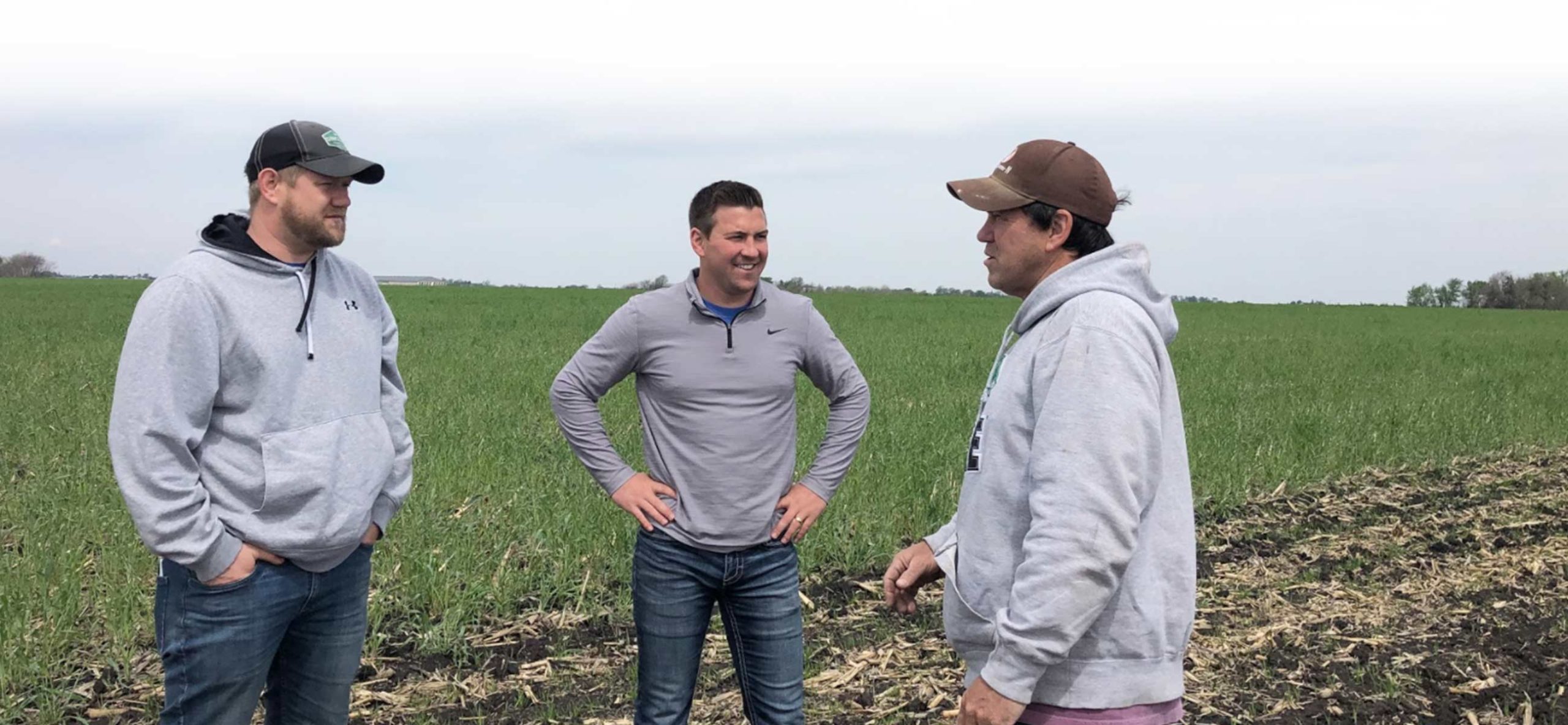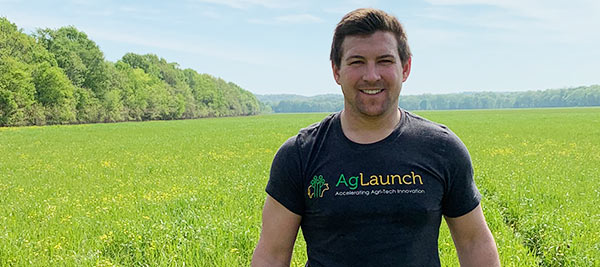FEATURED FARMER:
Mitchell Hora
“When I was a baby, my first word was ‘corn’.”
“But this year is different,” says Hora.
It is becoming clearer that the tests of resilience we are all undergoing in 2020, that Mitchell’s generation might be the most critical for the future of the farm. And not just his farm, but farms around the world.
Farmers from South Africa to California have been learning and listening to Mitchell’s approach which is based on data analysis, learning, experimenting, failing, reiterating, and allowing for optimization to mitigate the risk of change. The combination of entrepreneurial innovation with farming and conservation sets Mitchell apart and more farmers are paying attention.
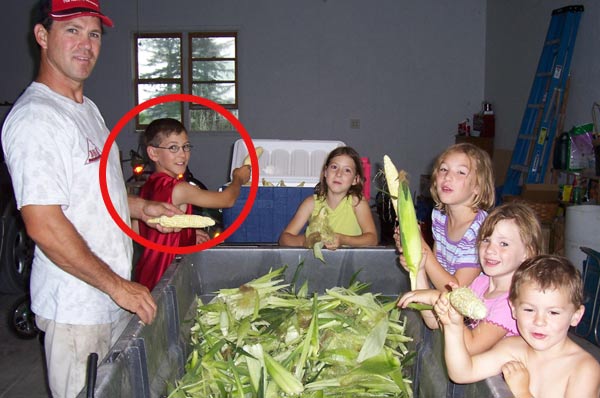
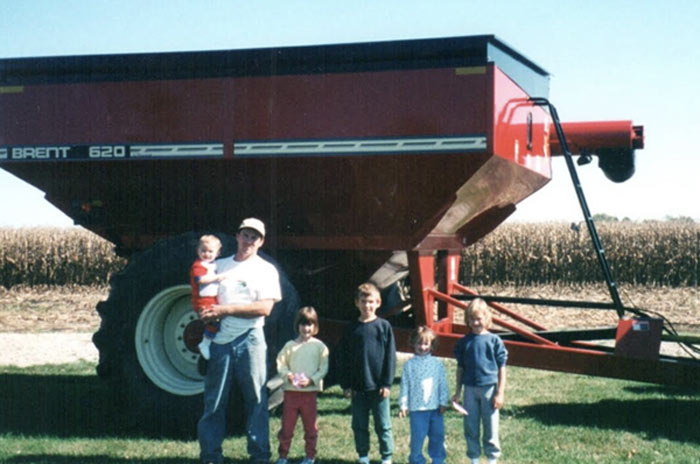
“The key is to allow soil to do what it is intended to do, which is to function as a living ecosystem.”
So, what happens when an innovative mindset meets a legacy of farm history?
An appreciation for sustainability and conservation was a product of Mitchell’s environment. Washington County, Iowa has always been one where the value of conservation practices were celebrated and encouraged.
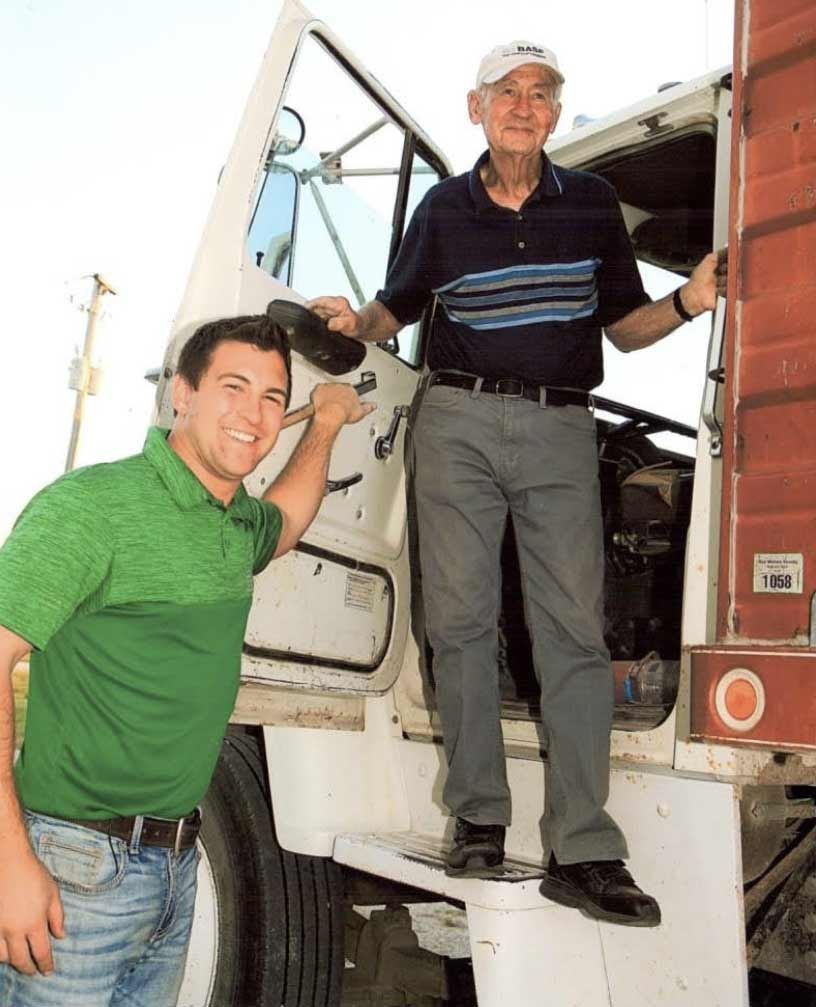
Mitchell meets farmers right at the “so can I!” moment sharing the power of data, experimentation, and how the application of those insights are a part of a much bigger picture including the health of the farm but also that they are a part of the solution in building a new system and way of thinking about the supply chain.
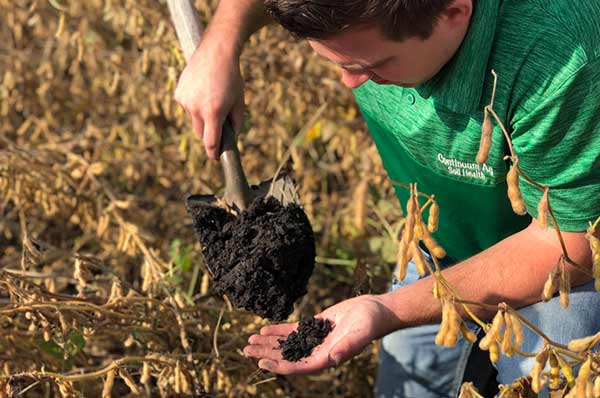
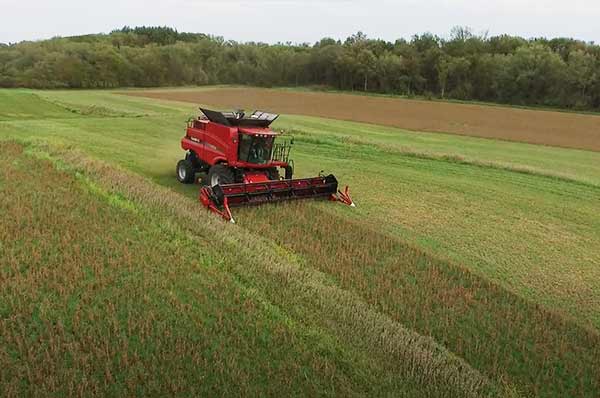
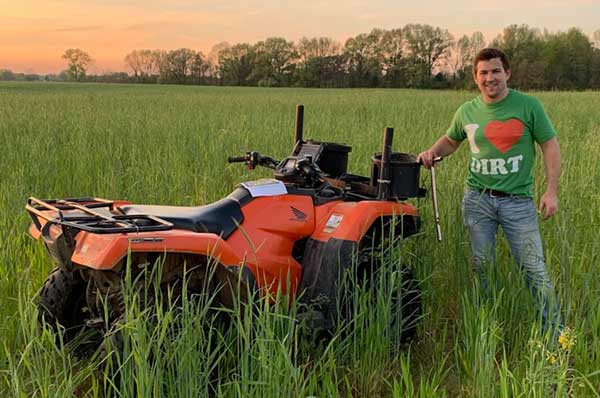
What have you learned since COVID-19?
“COVID-19 has exposed all of the weak links and issues within the ag supply chain including poor trade scenarios, issues with ultra linear supply chains, dependencies on ethanol, and so many other factors and we have to be able to fix these things.”
“Transparency is the missing link. We’ve got to increase transparency. If the supply chain allows the farmer to share the full story – not just a label slapped on the product – but the story of their management practices, their family history, their carbon footprint, water footprint, nutrient density, genetics, hormones and other inputs and then makes that accessible to the customer who has an increased appetite to understand where their food comes from… then we’ve got a win that benefits everyone.”
Love the vision, but how do we get there?
Data is the cornerstone of Mitchell’s way of farming and believes it’s the future of farming because it is what is needed to tell a transparent story and do the work necessary to build soil health.
He’s constantly balancing carbon versus nitrogen, fungus versus bacteria, and calcium versus magnesium, and the bottom line.
One of the most common questions he gets from other farmers is, “How do I logistically do this on my farm? How will this work for my soil?
Questions like this inspired Mitchell’s pursuit of building a database and integrated software that houses data points from farms around the world creating a hub of insight, documented learnings, and a resource for other farms which shaves time off the learning curve and expedites application, and ultimately, success.
Continuum Ag, Mitchell’s consulting company, uploads independent, third-party soil data from all over the Midwest and as far as South Africa, documenting nutrients, microbial activity, soil structure and product effectiveness, along with farming practices of individual farms to a central website so that customers can see where their food comes from and farmers can profit from sustainable agriculture.
